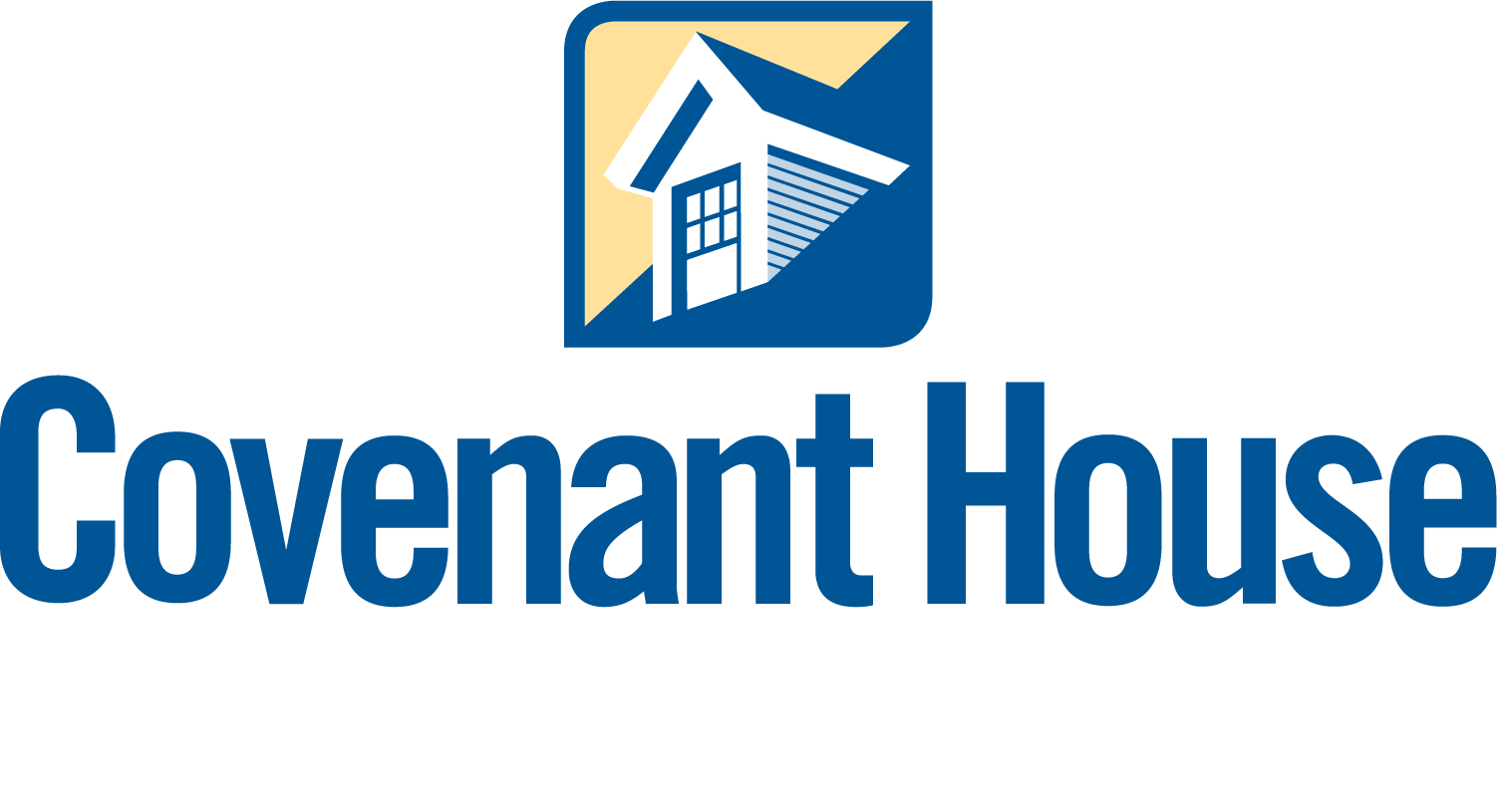Hunger Hitting Crisis Level in Kanawha Valley
With a combined 80 years of service to our community, Manna Meal and Covenant House have weathered many storms. We have served as a safety net for our entire community amidst dire challenges such as the COVID-19 pandemic, 2016 floods, and onset of the opioid epidemic. But, today, we find ourselves confronting an unparalleled crisis. The economic turmoil that has persisted post-pandemic—rising inflation, disrupted supply chains, job losses, and SNAP benefit cuts—is driving a hunger crisis in the greater Kanawha Valley area that surpasses anything either nonprofit has encountered in our decades of service.
Right now, the food pantries of both Manna Meal and Covenant House are being hit by an increasing wave of families who are hungry and need help. Every day we’re seeing new faces, people who never thought they would need our assistance, come through our doors: They are grandparents on fixed incomes, struggling with inflated food costs, and parents who are working just as hard for paychecks that put half the amount of food on the table. Hunger is a significant
health concern with severe, long-term implications, and the most vulnerable in our community—children and the elderly—are the ones most impacted.
Consider Kim, a mother of two young children and a maid in our area. With rising food costs and rents, Kim found herself skipping meals to feed her children. When SNAP benefits were cut, her challenging situation became a crisis. Facing eviction, she turned to Manna Meal. “I will always be grateful to the kind people who provided not only food but guidance and hope that help me make a better life for my children,” Kim shared.
However, the present surge in need is straining our resources beyond what we’re equipped to handle. Neither Manna Meal nor Covenant House can keep up with the perfect storm of demand. Halfway through the year, we have already fulfilled 76% of last year’s total demand, projecting a staggering 152% increase in pantry bag distribution by year’s end. Supplies that once lasted a week are now depleted in days. Amid high food costs, aid reduction, and inflation, we are struggling to keep pace. While this is a nationwide issue, the need is felt more acutely here in Appalachia.
The demand for food exceeds anything we have experienced, even at the height of the COVID-19 pandemic. If our shelves remain empty, hundreds of families, just trying to make ends meet, will suffer.
We are sounding the alarm: we need your help. The hunger crisis is real and urgent. But—if we come together to support each other in this time of need, as we in West Virginia are known to do—it may be possible to reverse the tide of hunger. By making a charitable donation or by dropping off canned goods and shelf-stable bulk foods, you can help struggling families in our community, like Kim and her two children, stay afloat. We humbly ask that you rise up to meet this challenge with us, ensuring that all of our neighbors have reliable access to nutritious food, the most basic human right.
###
Amy Wolfe is the executive director of Manna Meal, Inc., a soup kitchen located inside St. John’s Episcopal Church in the heart of downtown Charleston. Manna Meal serves two meals a day (breakfast and lunch), no questions asked, 365 days a year.
Briana Martin is the executive director of Covenant House, a social justice nonprofit dedicated to helping Kanawha Valley’s most vulnerable citizens meet their basic needs: food, housing, and health care. For more than 40 years, Covenant House has been a safe haven for West Virginians in times of crisis, giving our community’s most vulnerable the tools needed to lift themselves out of homelessness and poverty.
This piece originally ran in the Charleston Gazette.
